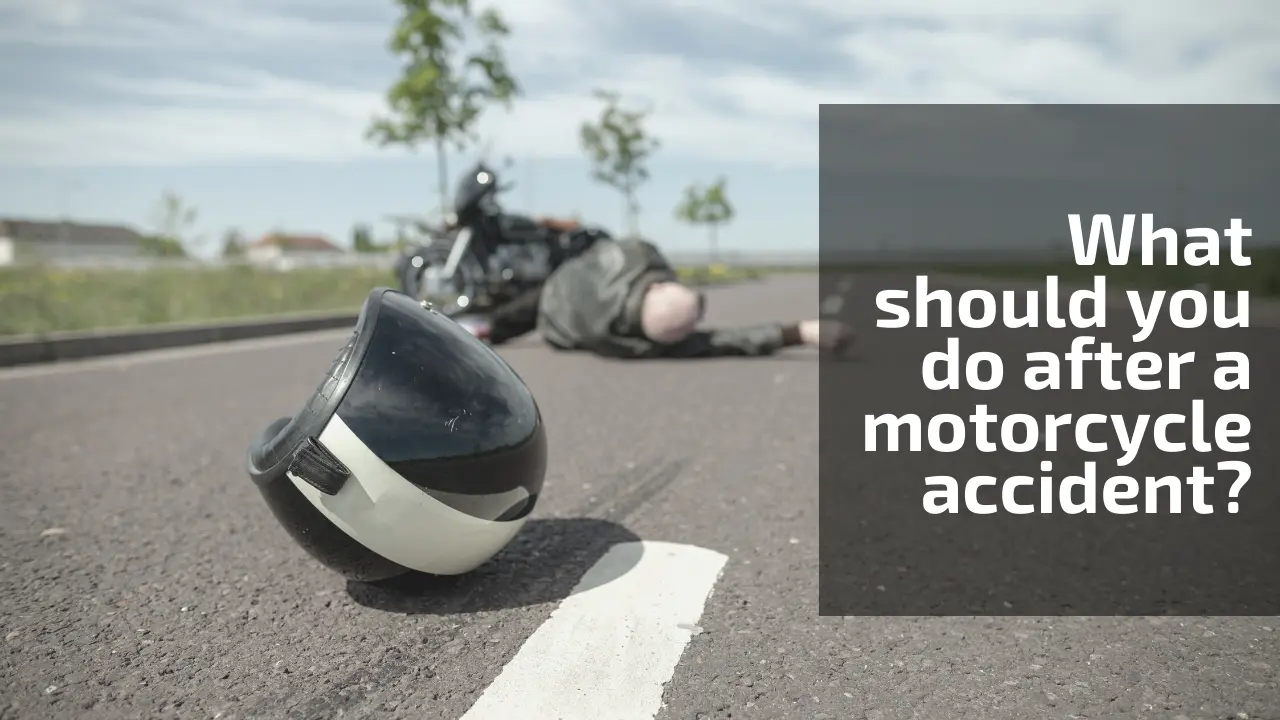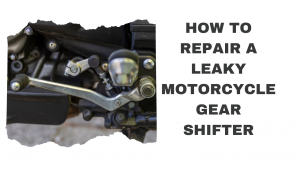Getting involved in a life-threatening situation like a motorcycle accident can be overwhelming. You may have survived it, but your life after the accident will never be the same. Because of this, you may feel lost and have trouble thinking clearly about what you should do next.
So what should you do next? Here are the steps that you should take after a motorcycle accident:
• Seek medical attention immediately.
• Gather information.
• Take photos of the scene.
• Hire a skilled lawyer.
• Account for every single penny.
• Sort your insurance.
• Never accept offers of early settlement.
• Do not give too much information.
• Lay low on social media.
What are the steps you need to take after a motorcycle accident?
1. Seek medical attention immediately.
Most of the time, paramedics are at the scene of a motorcycle accident to give first aid and assess the injuries of those involved. However, that will not always be enough.
Some people may feel that the accident was not that bad and refuse to be brought to the nearest hospital for treatment, but seeking medical attention immediately is a must, even if you think the injuries you sustained are not severe.
The adrenaline rush can prevent you from immediately feeling any pain during and after the accident, so just because you are not hurting does not mean the accident did not do any damage to you.
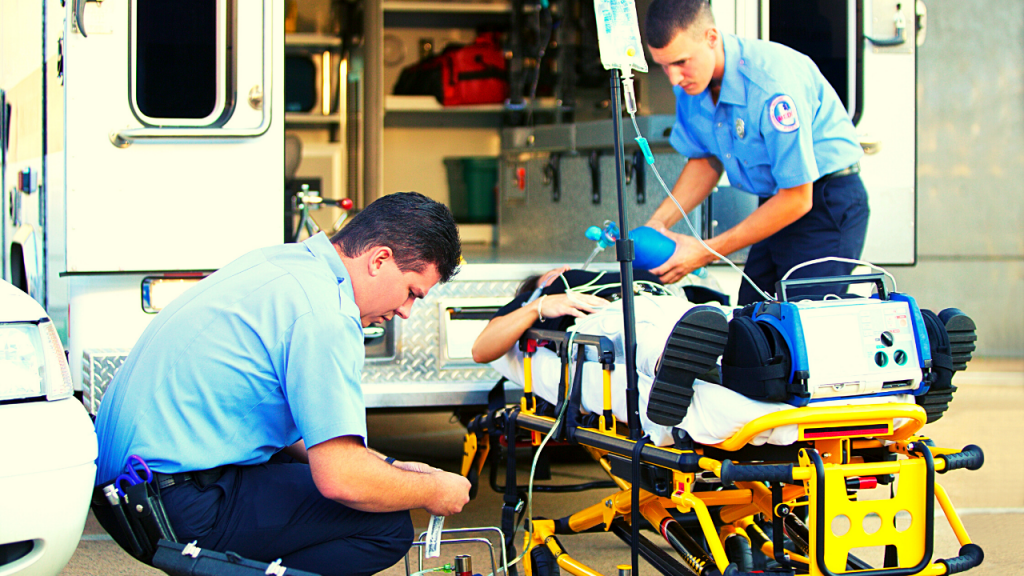
Some injuries do not show right away, so it is crucial to see a doctor as soon as possible. Take traumatic brain injuries, for example. Wearing a helmet does not guarantee safety, so a head injury is highly likely after a motorcycle accident, regardless of whether you were wearing a helmet.
While it can lessen the impact, a helmet will not be of much help when your head hits the concrete badly in a fatal crash. So minor or not, any head injury from a motorcycle accident can cause damage that may take hours, or even days, for you to see or feel.
Broken ribs and internal bleeding are injuries that may not be immediately visible and felt, so the sooner you get proper medical care, the better.
2. Gather information.
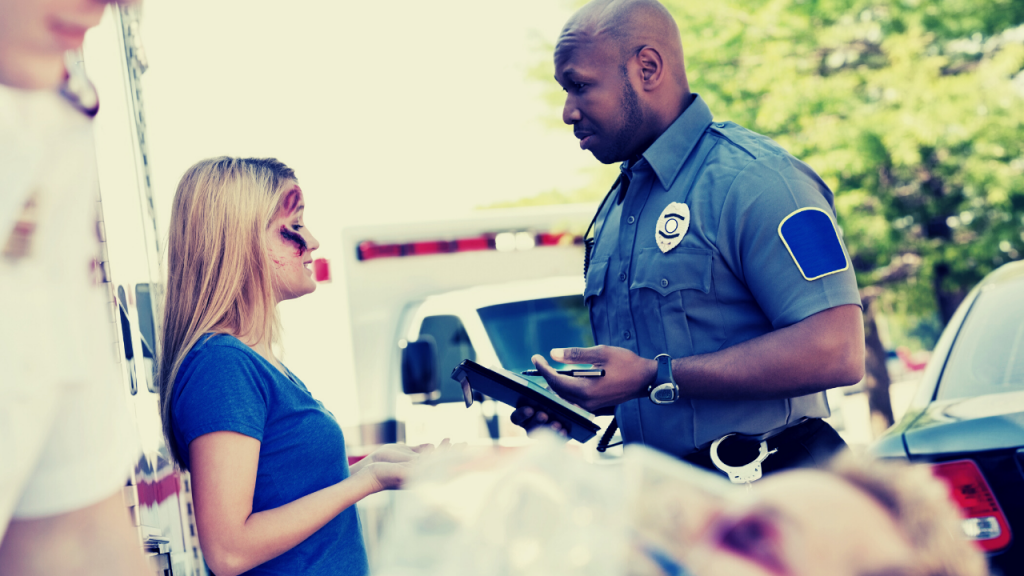
Some drivers leave the scene as soon as they can, especially if they are fully aware that the cause of the accident is them. So before the other party vanishes into thin air, try to get as much information as you can from the people involved and witnesses who saw the accident.
Names, addresses, contact information, plate numbers—all these details will be important later on. Sure, the police will get these details, but law enforcement can sometimes miss things. You cannot afford to lose the other party before you can even hold them accountable, right?
3. Take photos of the scene.
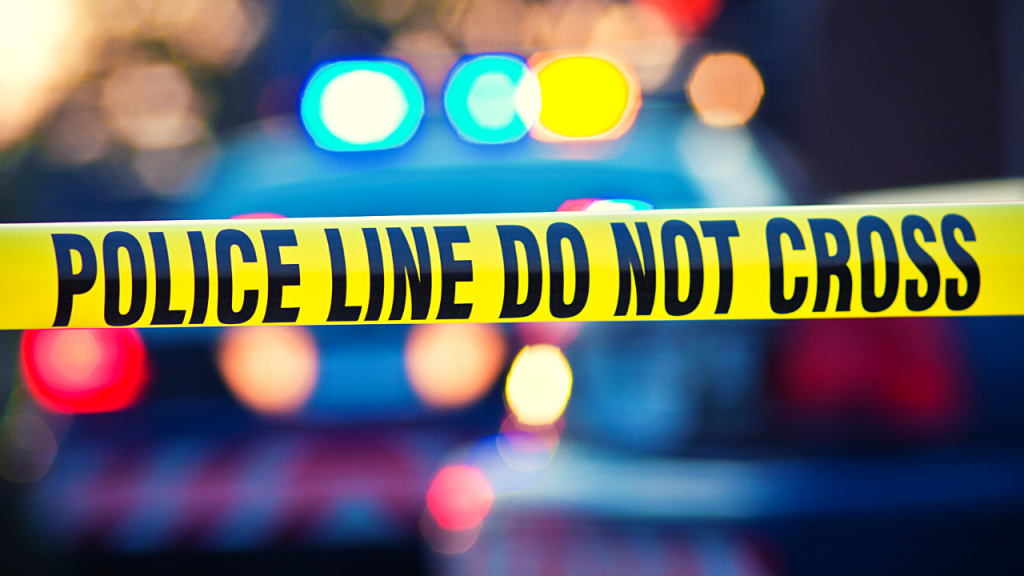
Pictures have more reliability than a handwritten account, so taking as many photos of the scene as possible can work to your advantage. This is important because the location of the accident may have clues that will help investigators and insurance companies identify liability. Again, the police will do this, but there is no harm in taking extra photos if the evidence gets tampered with.
Take a shot of the damage to both vehicles involved, license plates, and injuries. You may also want to take a photo of the road condition to see if road hazards contributed to the accident. Any image that could support a lawsuit or insurance claim will be helpful later on, so do your due diligence and do not entirely rely on authorities for visual proof.
4. Hire a skilled lawyer.
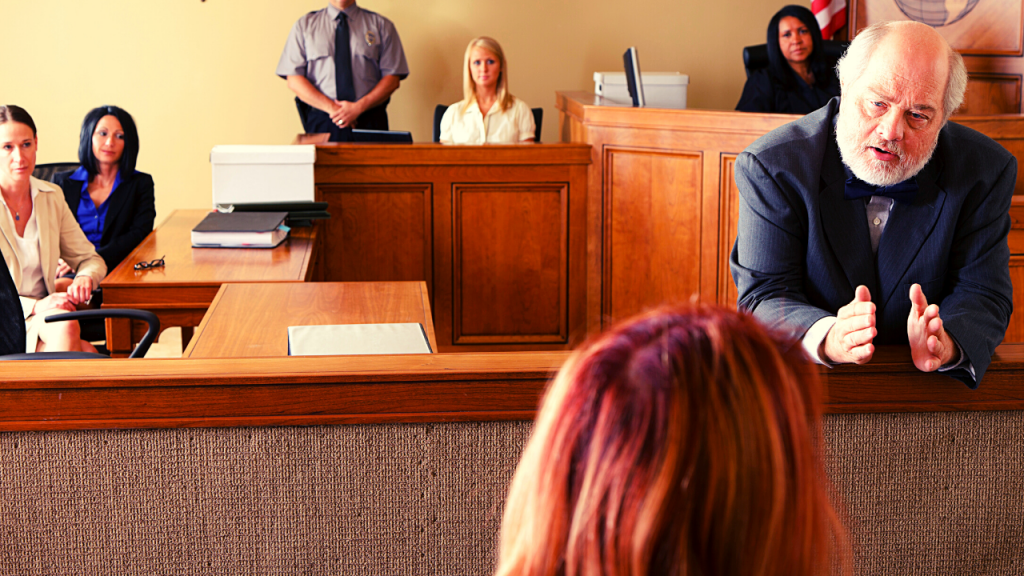
Being seriously injured is difficult enough, and the additional stress of the legal intricacies in a lawsuit is not exactly helpful. But it is necessary to hold someone accountable.
This is where a lawyer comes in. You are already suffering enough from the financial burden, physical pain, and trauma brought about by your accident, so give yourself a break and let the legal expert take over.
Your lawyer will be responsible for uncovering relevant information to boost your case and determine liability. But make sure you get a skilled one because your lawyer will also be deeply involved in negotiations with the insurance company to fight for fair compensation on your behalf.
In simple words: if you want the best offer, get the best lawyer.
5. Account for every single penny.
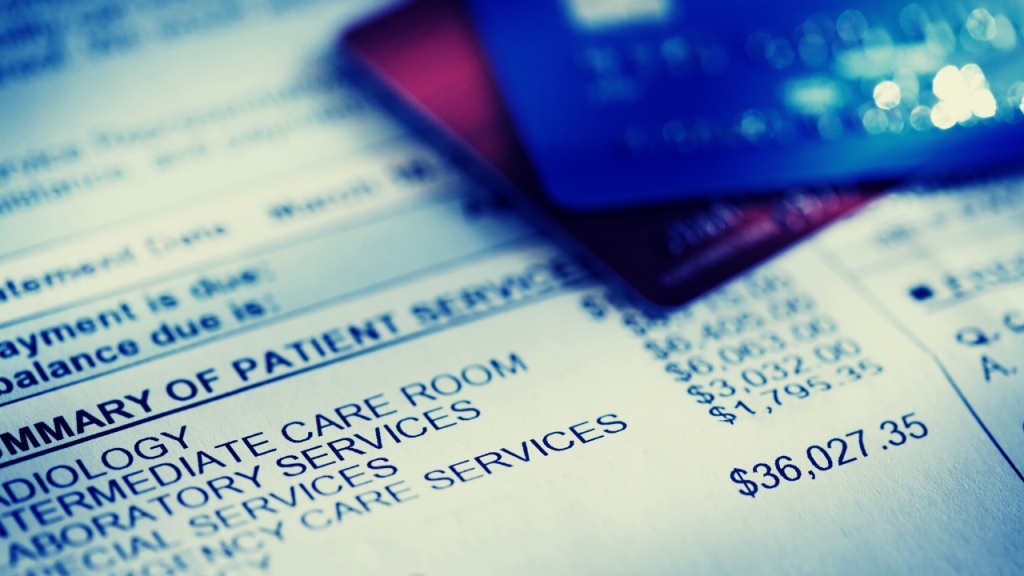
Motorcycle accidents are costly, so if you want to triumph over a lawsuit or get a fair and full settlement, keep every single receipt. Those pieces of paper will prove that the accident has caused you substantial financial losses.
From damage to property that may require your motorcycle to undergo extensive repairs or be completely replaced, to medical expenses like treatment, medication, and visits to therapists, everything must be accounted for.
Wage losses are also factored in when it comes to computing your damages. After an accident, you will undoubtedly be unable to work for weeks or even months. To get the fair equivalent of what you have lost, you need to provide your legal counsel a proof of your income, as well as any paid time off that, had to be used as a result of your accident.
6. Sort your insurance.
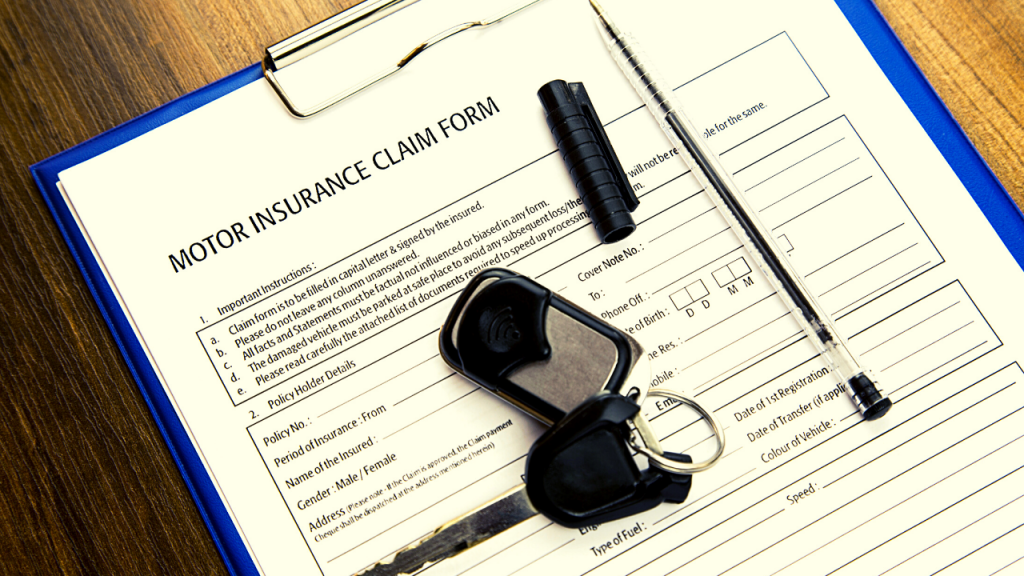
In a way, filing an insurance claim is one step towards recovery. If your motorcycle is insured, the first thing you need to do to recover damages is file a claim with your insurance carrier. Even if you are not at fault, you will need to report the accident.
No two insurance policies are the same, but most insurance companies can cancel their clients’ policies or deny their claims if they fail to report the accident. However, if your motorcycle is not insured and you are not at fault, the first thing you should do is to notify the insurance company of the other party if they have one.
However, the other party’s insurance carrier will do its best to devalue your claim and deny compensation. But if you present your medical records and prove to them that the recklessness of their client causes your injuries, the insurance carrier will have a hard time disputing your claim.
Not only that but those documents can also serve as evidence should the situation escalate into a lawsuit and you intend to seek compensation later on. You can also use your medical records to negotiate a settlement with the other party.
7. Never accept offers of early settlement.
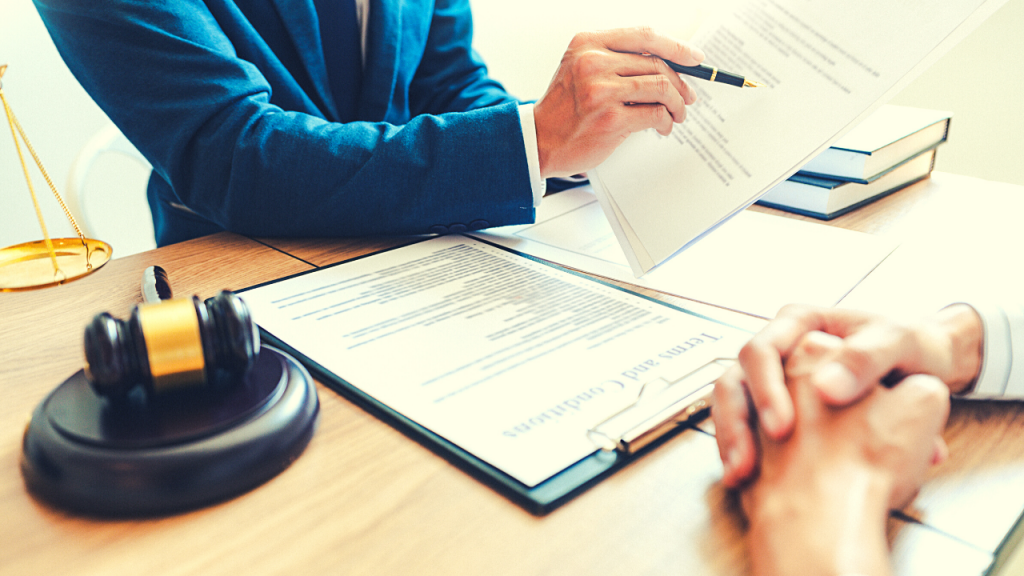
Even if the investigation proves that the other party is at fault, their insurance company will still not pay your claim straight away. In cases where an insurance carrier cannot deny a claim, an attempt to pay out as little as possible is typically their next course of action.
The strategy of most insurance companies to avoid paying court-awarded damages is to offer an early settlement. Since motorcycle accidents are expensive and can provide severe financial challenges, insurance companies take advantage of this and try to convince you to take the money.
Accepting their offer is essentially waiving your right to a lawsuit. You should treat their early offer as a starting point for negotiations. But do not negotiate on your own; make sure you have a lawyer who can hammer out a better offer for you.
8. Do not give too much information.

The other party’s insurance company will likely interview you about the accident. But while you want to help with the investigation in any way you can, telling everything may only do more harm than good.
Insurance investigators have a way with words, and they can make you say things that can devalue your claim to relieve the insurance company of financial responsibility for the accident.
They will also try to reach out to your family and friends. While you want to reassure your loved ones about your condition and update them about your recovery, the best course of action is to avoid sharing any information with them until your claim has been settled or litigated.
9. Lay low on social media.

Social media is an excellent platform for insurance investigators to look for anything that will dispute your case, so until your claim has been settled or litigated, try not to post anything on it.
The interactions you make on Facebook, Twitter, or Instagram can be used against you if the investigators misinterpret any of your posts. They can use pictures to downplay your injuries, suggest that you are recovering better than you reported, or invalidate your case by making up evidence that your injuries are from a different accident.
Insurance investigators will do everything they can to relieve the insurance company of any responsibility, so minimize your online presence if you want to win.

